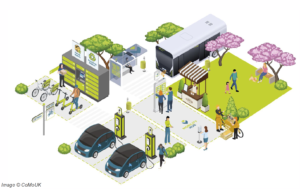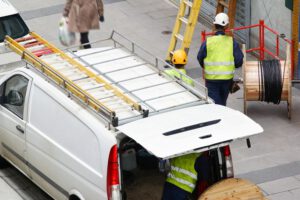MoLo Hubs guideline report ‘Spatial planning & city design’

The MoLo Hubs guideline report ‘Spatial planning & city design‘ has been published. The report defines considerations and good practices for spatial planning and city design and assists host partners in setting up their pilot. The report distinguishes two levels within the theme ‘spatial planning and city design’. Hubdesign: its appearance (design, materials, and visibility) …








